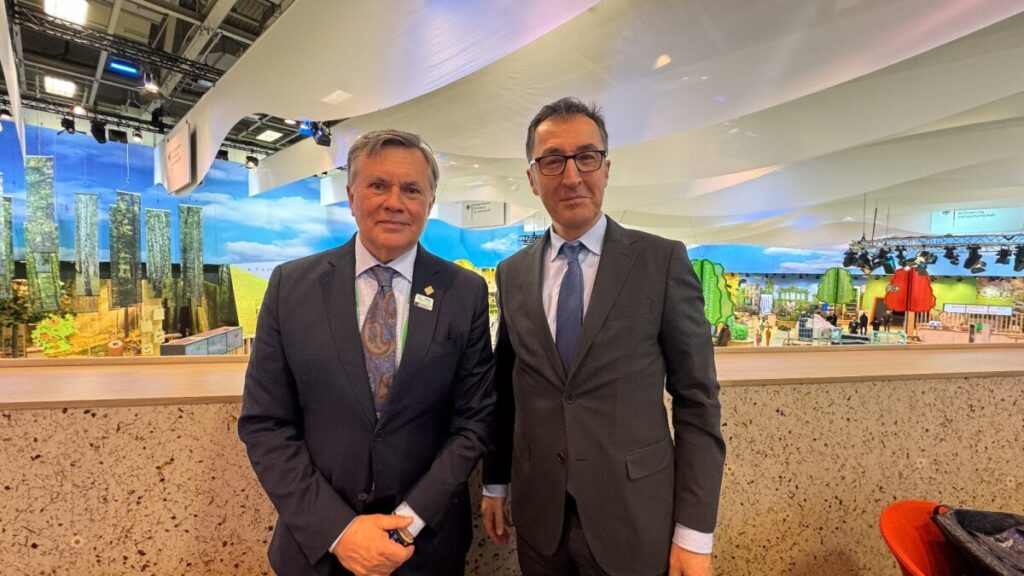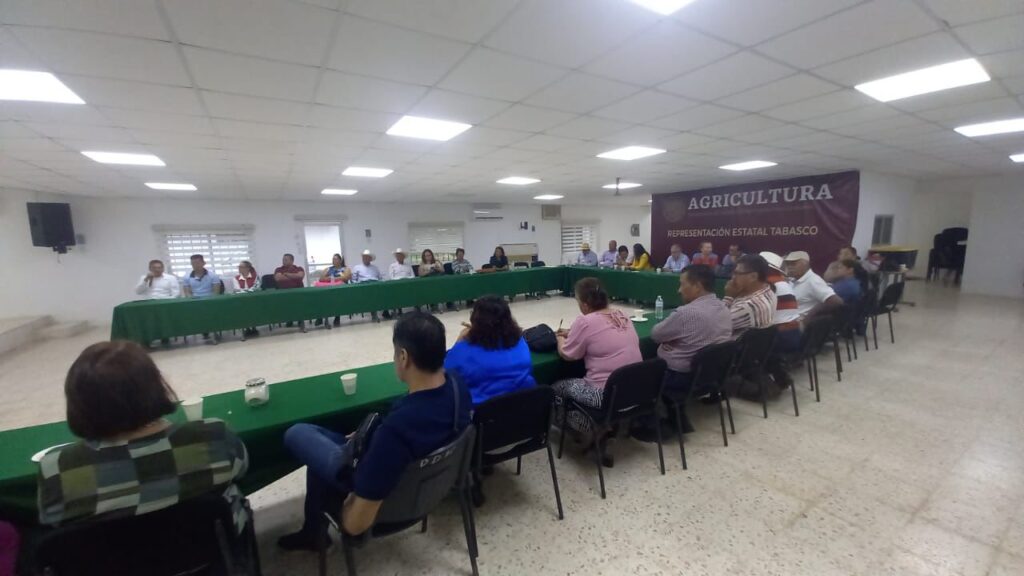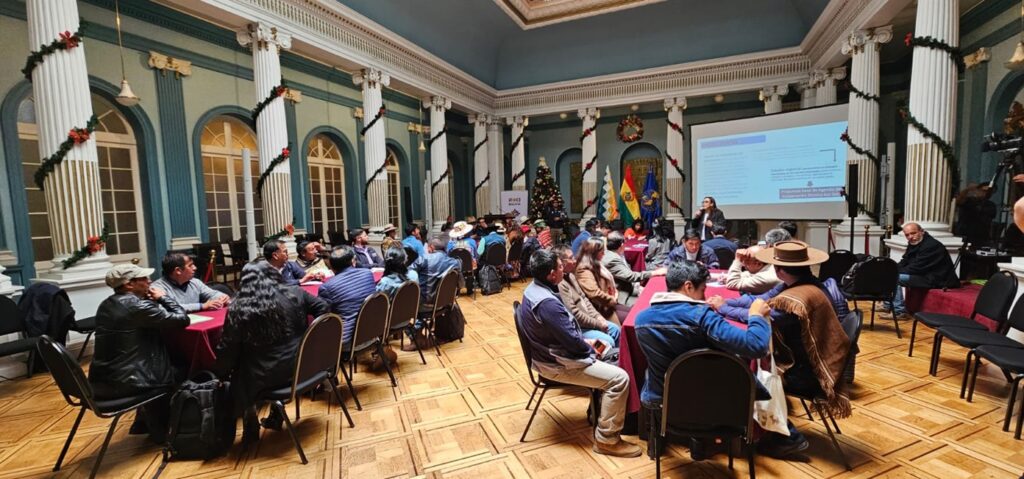It is not on the official agenda, but, in the judgment of the Director General of IICA, agriculture must be addressed during the deliberations of the United Nations Conference on Sustainable Development, which will open soon in Brazil.

San Jose, Costa Rica, June 15, 2012 (IICA). Even though it is not a specific item on the agenda of the United Nations Conference on Sustainable Development (Rio+20), agriculture is closely linked to the two major topics to be addressed at the Conference, scheduled for June 20-23: sustainable development and the green economy.
With this in mind, the Director General of the Inter-American Institute for Cooperation on Agriculture (IICA), Victor M. Villalobos, sent a technical note to the ministers of agriculture of the hemisphere. “The delegations from our member countries to the Conference should keep the role of agriculture in mind during their deliberations in Rio de Janeiro.”
IICA will be represented at the Conference by David Williams, Manager of the Institute’s Agriculture, Natural Resources Management and Climate Change Program.
The Director General maintains that agriculture contributes significantly to the sustainable development of national economies in three major areas:
– Sustainable agriculture, natural resources and green economy;
– Agriculture and climate change; and
– Food security and family agriculture.
A fundamental feature of sustainable agriculture is the adoption of practices that are in harmony with the environment and guarantee the stability and profitability of production in the long term. For this to happen, it is necessary to promote public investment in common environmental goods that will guarantee the conservation and the rational use of water, soil, biodiversity and energy for agricultural production activities. It is also necessary to strengthen those financial mechanisms that provide compensation for environmental services and promote the use of clean sources of energy, one of the fundamental elements of the green economy.
As regards climate change, the inclusion of agriculture in the discussions will lead to proposed solutions such as the efficient management of agricultural lands and recovery of degraded soil, the efficient use of water for irrigation and other agricultural production activities, technical and financial support for developing a measurement, reporting and verification mechanism, and attaching priority to the agricultural subsectors with the greatest impact on the generation of greenhouse gases.
Family agriculture is closely linked to food security, being responsible for producing more than 50% of all food consumed. Therefore, the strengthening of family agriculture can contribute to rural well-being, creating better economic, educational and health care opportunities, slowing migration to cities, and promoting the sustainable development of rural communities.
With these and other arguments in mind, the Director General, in his note to the ministers, asserted that the Rio+20 Conference would afford an excellent opportunity to bring attention to the indispensable role agriculture plays in sustainable development.
“In the zero draft of the declaration, which will serve as the basis of the conclusions and recommendations generated at the Rio+20 Conference, it is imperative that the delegations push for the inclusion of language that highlights the key role played by agriculture in the areas of food security, water, energy, climate change, forests and biodiversity, soil degradation and desertification,” he stated.
For more information, contact:
david.williams@iica.int










